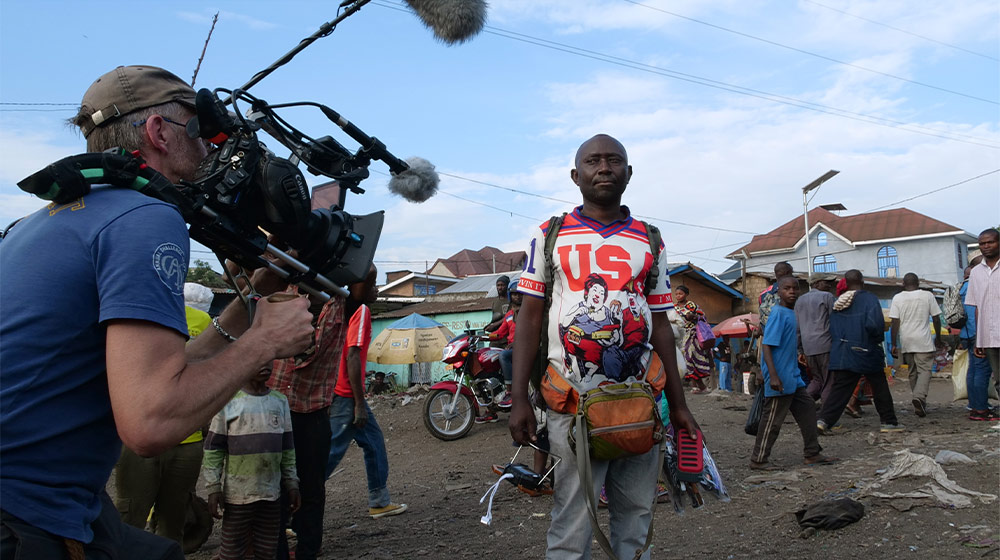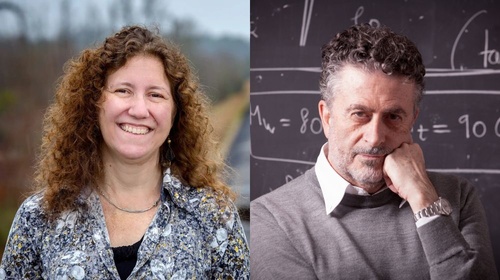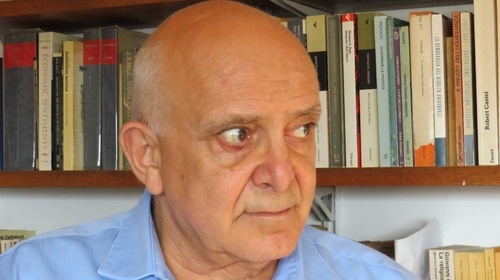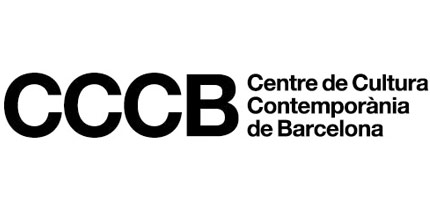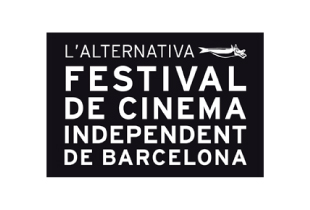A New Look at Humanitarian Photography
Stop Filming Us
Debate + Audiovisuals
Free with pre-booking
What message is constructed by the media and from the western cultural domain about what is happening in developing countries? Can a western filmmaker show the reality of humanitarian situations and conflict in the so-called global south? Following the screening of the documentary Stop Filming Us, the discussion in this session will be about the extent to which “good intentions” perpetuate stereotypes and can cause frustration.
What message is constructed by the media and from the western cultural domain about what is happening in developing countries? Can a western filmmaker show the reality of humanitarian situations and conflict in the so-called global south? Following the screening of the documentary Stop Filming Us, the discussion in this session will be about the extent to which “good intentions” perpetuate stereotypes and can cause frustration.
In Goma, a city in the Democratic Republic of the Congo, the filmmaker Joris Postema faces criticism and the demands of a group of local artists and the Congolese members of his team arising from his approach to the work and his cultural prejudices. In their view, the “one-sided” and stereotyped images of war, violence, disease, and poverty, resulting from years of western domination, which are shown of their city do not reflect the reality in which they live.
What are the differences between the foreigner’s and the local resident’s gaze? What reality and perceptions construct a western approach to what is happening in developing countries? Postema asks these questions in Stop Filming Us and invites members of the local community to participate in the documentary, thus showing the struggles of the journalist Ley Uwera, the photographer Mugabo Baritegera, and the filmmaker Bernadette Vivuya to show their own experiences in Goma, where the typical portrayal of a non-functioning government and a helpless population fits with a narrative that is often pushed by western NGOs.
The screening of the documentary will be followed by a debate moderated by the Doctors without Borders Communication manager, François Dumont, with the participation of the film’s director Joris Postema, and one of the people it features, the Congolese filmmaker Bernadette Vivuya. Also taking part will be Sílvia Omedes, director of the Photographic Social Vision foundation.
This screening and discussion, promoted by Doctors without Borders (MSF) on the occasion of its fiftieth anniversary, are part of L’Alternativa, Barcelona Independent Film Festival, and are jointly organised by the CCCB, ACCIÓ>CINEMA, and Photographic Social Vision in the programming of the World Press Photo 2021, Barcelona, exhibition.
Participants: Joris Postema, Bernadette Vivuya, François Dumont, Sílvia Omedes
This activity is part of World Press Photo 2021, A New Look at Humanitarian Photography, L’Alternativa
Related contents
Stop Filming Us
Joris Postema, Bernadette Vivuya, François Dumont and Sílvia Omedes
What message is constructed by the media and from the western cultural domain about what is happening in developing countries? Can a western filmmaker show the reality of humanitarian situations and conflict in the so-called global south? Following the screening of the documentary Stop Filming Us, the discussion in this session is about the extent to which “good intentions” perpetuate stereotypes and can cause frustration.
